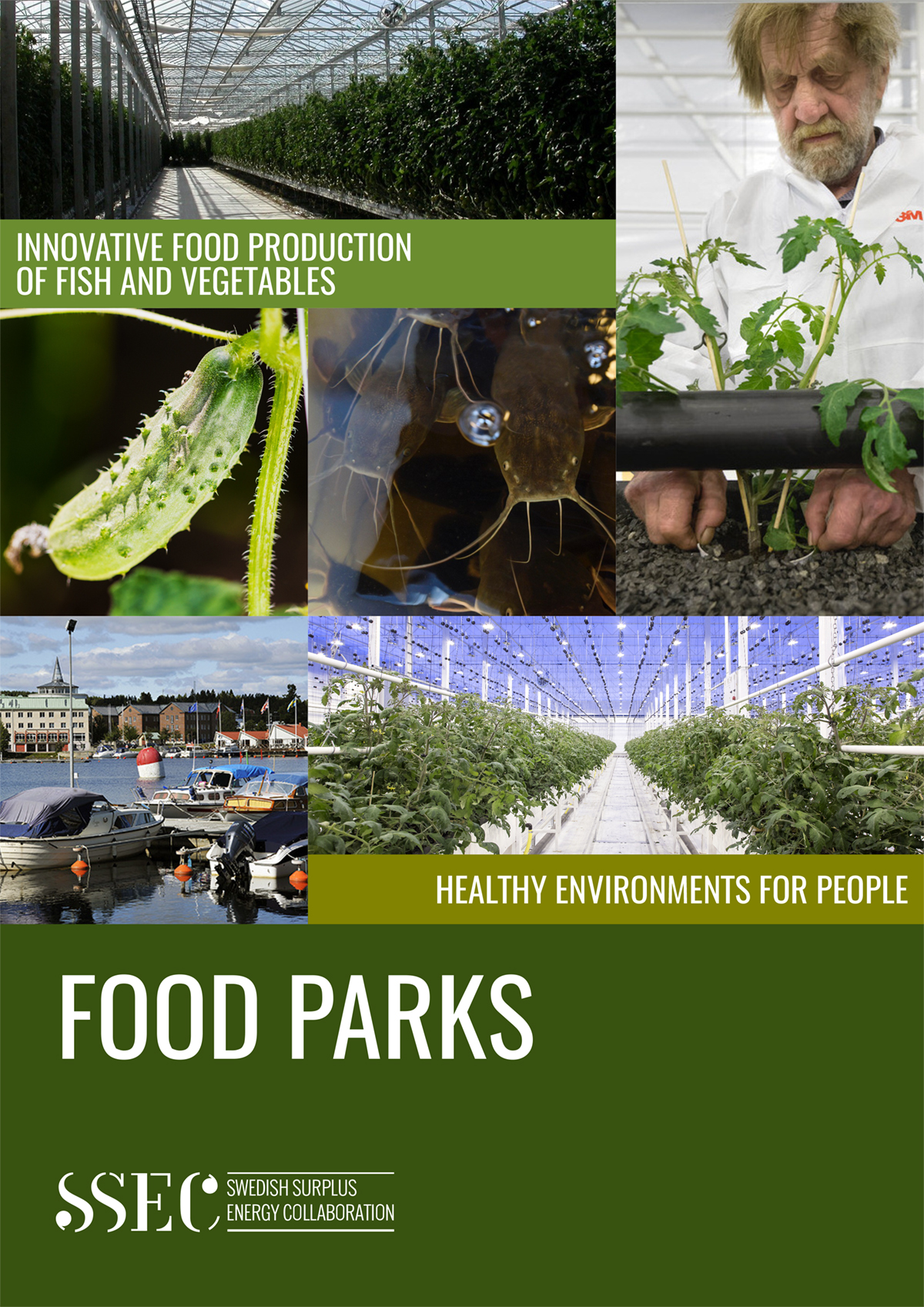SSE-C Swedish Surplus Energy Collaboration SLU provides a fascinating insight into the innovative production of food in Sweden, as well as the importance of fostering healthy environments for all people
Bengt Fellbe, Business Manager in Bjuv Municipality kicks things off by stating his organisation’s ambition to be a leading player in developing a sustainable, mutualistic and circular food industry. Bjuv municipality has a long history when it comes to the food industry and he predicts that this will increase in the future. Amongst the many insights given here, we learn that an innovative land-based shrimp cultivation was established in Bjuv through contacts within SSEC. He also stresses that their experience along with like-minded players in the private and public sectors is nothing but a positive development for the Swedish sustainable food industry.
The company Veolia then share their thoughts on energy efficiency which is a part of their focus to help the Swedish food industry and community to use their resources in the most optimal way. With their 330-strong research department, Veolia is constantly pushing the boundaries forward to reduce the use of fossil fuels, recycle energy streams and expanding their view to include a 360° perspective. We also learn that energy is critical for the food & beverage industry, where many manufacturing processes require thermal energy such as steam, hot water and cooled water.
We also find out that to produce food in the future, large quantities of energy must be used at an ever-increasing scale for a number of reasons, including:
- The world population is set to increase to 9.8 billion people by 2050 and;
- An increasing number of people are moving to cities.
As to whether we can save energy when producing food, we are told that the answer is as simple as it is obvious. “We must always be frugal with the world’s resources and we must lose our dependence on fossil fuels, especially in transport”, says Håkan Sandin Horticulturist at the Swedish University of Agriculture.
In another profile, we find out that in modern cities, there are enough thermal energy flows generated by human activity to provide the base for both heating and cooling of an entire city. Sharing surplus heat and cooling saves money – and the environment and has a solution called ectogrid, more details of which can be found at www.ectogrid.com.
Härnösand Municipality is striving to be involved in the ongoing expansion of Sweden’s food industry through collaboration with SSEC, we discover. In Härnösand, Northern Sweden, you will find Europe’s largest true aquaponic sustainable production of tomatoes and fish, we find out. Added to this, Härnösand Municipality participates in the network of SSEC – to conserve natural resources in a better and smarter way.
There’s just one more thing – it’s worth pointing out that the Food and Towns Conference takes place on 19th September this year in Malmö, Sweden. You can visit https://malmo.se/4.5c6f59e616436ac201f163b.html to find out more.


